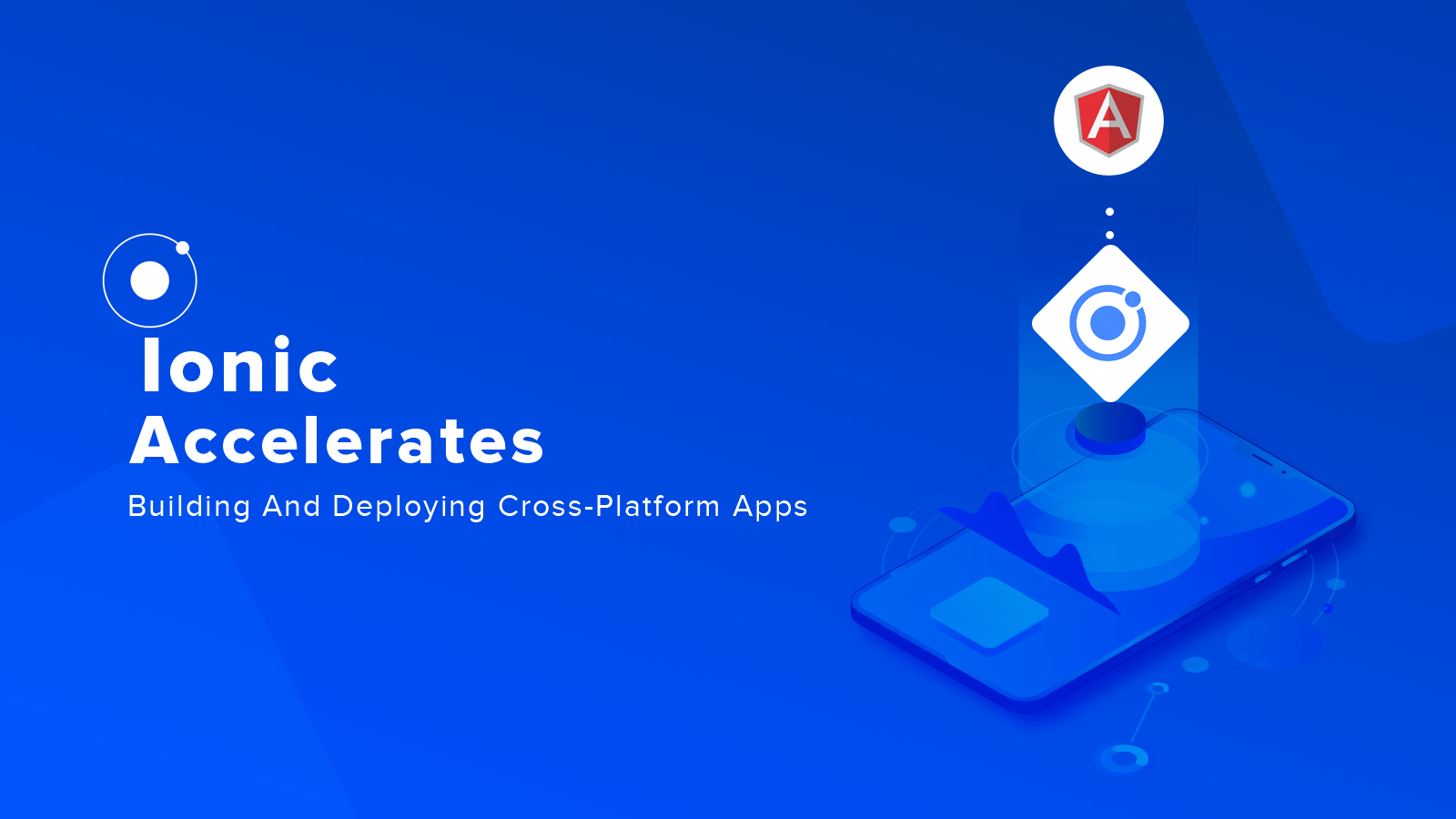An enterprise creating a mobile application for users or its employees must face one big challenge. It is to decide whether to develop a native application or a cross-platform one. With native applications, the business may lose the audience of a particular platform for which it is not building.
But when it comes to building an end-to-end cross-platform application, it means building a product that can be targeted to the user base of both iOS and Android. In the early days of web application development, the businesses and developers targeted just a single set of users. But, now, things have changed. In fact, as of January 2019, Apple disclosed that it serves almost 1.4 billion users across the world; while in May 2019, Android stated that it serves nearly 2.5 billion users.
So, businesses cannot possibly miss out on either of the two user bases. That is why more and more enterprises are making a beeline for cross-platform app development. But when the businesses have decided to go with cross-platform development, it comes down to picking the right one for their applications.
Ionic crosses the mind while speaking of really robust cross-platform application development platforms.
Why Is Ionic So Iconic
A front-end yet open-source SDK, Ionic is leveraged for developing hybrid mobile applications using SaaS, PhoneGap, and AngularJS. Ionic’s advent has provided many developers with the vast breadth that was previously not included in the development landscape. The breadth is related to designing and deploying intricate and highly functional user interfaces.
The applications deployed leveraging different technologies can be published in different app stores. Built on Ionic, the applications can get the native look. How? Well, because this cross-development framework brings to the table dedicated kits for Android and iOS known as Android UI and iOS UIKit, respectively.
Being built on the HTML5 framework, Ionic leverages a range of wrappers including Cordova and PhoneGap for running native apps. Below, let us throw light on some of the benefits a business can experience when it places its trust on Ionic for its next cross-platform app development endeavor.
Open Source Framework
The biggest benefit of Ionic is its open-source framework. The platform comes at a very low cost and has extremely robust community support from developers. This framework goes one a step ahead and provides different codes of multiple mobile-optimized HTML, JS, and CSS components. Which is exactly why, when it is integrated with AngularJS, that integration will help make applications and code structures manageable across different platforms.
Default UI
Ionic includes default JS and CSS components addressing the elementary aspects of different mobile application development. There are different options in the form of lists, sliding menu, buttons, tabs, popups, navigation, and the like. With these elements, it is simple to not compromise on elegance. Best of all, these elements can be customized to create powerful effects as per the developer’s choice. The uniformity, however, will never compromise on the UX carried out on independent platforms.
AngularJS Foundation
Being built on the AngularJS framework, Ionic has many features directed toward delivering creative and engaging mobile applications. This robust framework carries many in-built features that create an immersive user experience. The Ionic framework is being completely compatible with AngularJS and is made of different features. Ionic broadens the scope of AngularJS and makes it simpler and faster for offering scalable mobile app development services.
Platform Agnostic
Ionic is engineered to automatically and immediately recognize different baked-in CSS equivalent present in the platform for delivering a native experience. The platform offers a variety of codes of mobile-optimized HTML, CSS, and JS components. That way, the developers must not have to rewrite codes for different platforms time and time again. Additionally, the integration of this platform with the AngularJS framework renders a solid structure that will never compromise on ease of maintainability and code quality.
To Sum Up
Cross-platform application development is the best bet for any enterprise that is operating in a set of circumstances where the application should be simultaneously released on multiple platforms. And when it comes to delivering high-end cross-platform application development with tight deadlines, Ionic comes into the picture.
In simple words, Ionic lends the developers the needed space for extending their creativity without compromising on user experience. For budget-conscious enterprises, too, Ionic brings good news as it offers low-cost cross-platform application development solutions.
But finding a reliable enterprise technology partner offering scalable Ionic mobile app development services is challenging. Whether it is designing intuitive applications, developing custom apps, testing or updating applications, or maintaining existing solutions, Flexsin does it all seamlessly.
Flexsin has a dedicated team of developers offering full-cycle of Ionic framework development services. The team has deep expertise and rich experience in handling Ionic use cases that incorporate a range of frameworks including JavaScript, HTML, CSS, and AngularjS. Connect with Flexsin’s sales team and discover how Ionic can be leveraged to unlock new and exciting cross-platform application development opportunities.


 Ankur
Ankur